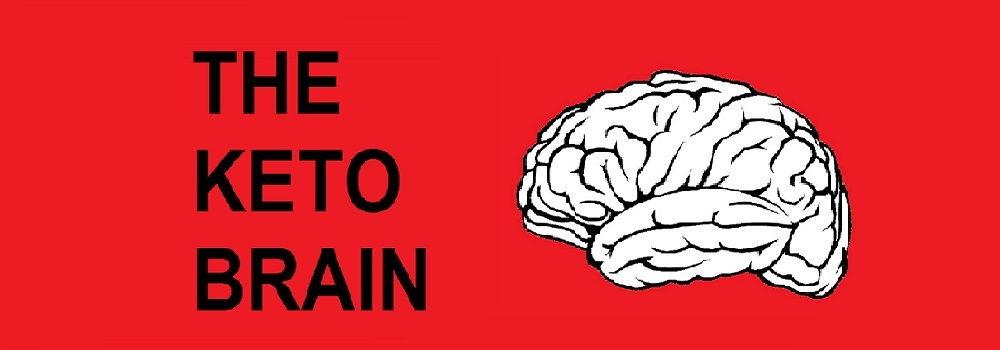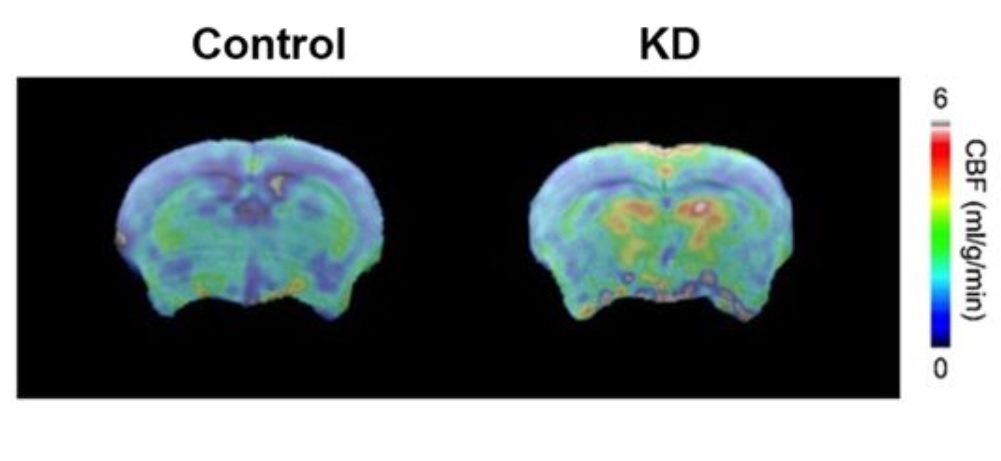
The ketogenic diet, an eating plan that drives our body into ketosis, is characterized by high levels of fat and low levels of carbohydrates.
In the human intestinal microbome, which is often referred to as the "forgotten organ", microbes that have an effect on our brains have been discovered.
The intestinal microbome in dysbiosis (more bad bacteria than good) has been implicated in many neurodegenerative and neurological disorders.
In recent studies, it has become evident that using dietary or nutritional interventions to positively change the gut microbiome’s composition can mediate the effects of these neurological and neurodegenerative disorders.
The results from previous studies reveal that the ketogenic diet alters the microbial community in a way that positively modulates changes in neurotransmission (GABA/glutamate ratio) in the hippocampus and results in protection against seizures.
In clinical practice, ketogenic food has already been used to treat epilepsy, Parkinson's, autism and other neurological disorders.
Scientists from the University of Kentucky headed by Ai-Ling Lin have published interesting studies that show the effect of ketogenic diet on cognitive function.
At first, scientists were trying to find out whether the ketogenic diet enhances the function of brain blood vessels in young healthy mice.
In two groups of nine young, healthy mice were given either ketogenic diet or a regular diet.
Researchers used magnetic resonance imaging to measure cerebral blood flow (CBF). Structural maps of brain perfectly illustrated that keto-diet fed mice had really significantly elevated cerebral blood flow.
After 16 weeks of ketogenic diet, mice had also significantly increased P-glycoprotein transport across the blood-brain barrier to facilitate clearance of Beta-amyloid protein, which is linked to Alzheimer’s disease.
Ketogenic diet also increased the relative abundance of beneficial gut microbiota (Akkermansia muciniphila and Lactobacillus), and reduced that of pro-inflammatory taxa (Desulfovibrio and Turicibacter). They also observed that ketogenic diet improve metabolic profile.

According to Dr. Lin, the beneficial effects observed from ketogenic diet are potentially caused by the inhibition of a nutrient sensor called mTOR (mechanical target of rapamycin), which has been shown to prolong life and promote health.
Since mTOR can also be inhibited by the simple caloric restriction or the pharmaceutical rapamycin, Lin with colleagues used neuroimaging techniques to investigate the effects of rapamycin, ketogenic diet and simple caloric restriction on the cognitive function of young and senescent mice.
The result was tremendous! Aging rodents had neurovascular and metabolic functions that were superior to those of young mice with unrestricted nutrition.
Scientists now believe that a study in humans could follow relatively quickly.
Starting a ketogenic diet during the early stages of disease progression may lead to positive neuroprotective effects via neurovascular functions, but ketogenic diet is also able to modulate the levels of key bacteria that can play a critical role in protective functions not only in diseased and healthy conditions too.
